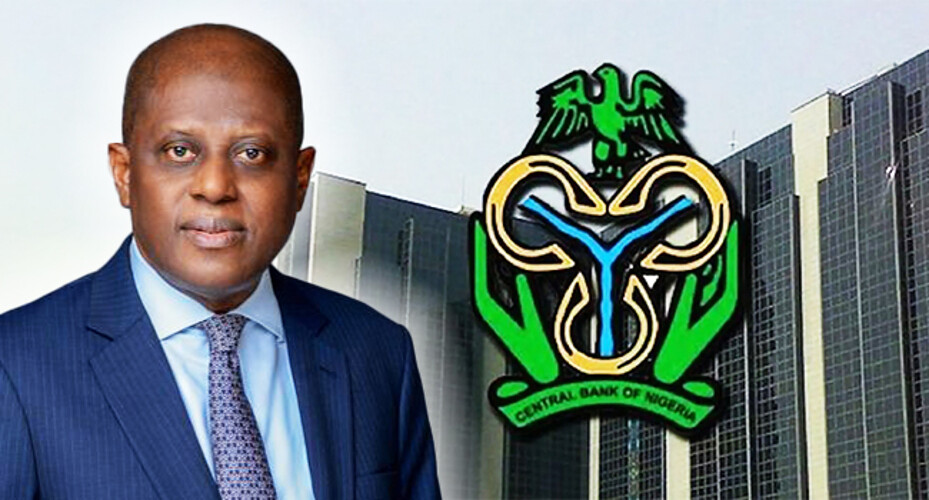
By Godwin Anyebe
For years, the phrase “FX backlog” hung like a dark cloud over the Nigerian economy. A mountain of unfulfilled foreign exchange obligations, estimated at a staggering $7 billion, cast a long shadow, eroding investor confidence and fueling a volatile currency market. Businesses struggled to repatriate profits, and importers faced crippling delays, creating an environment of uncertainty and distrust.
Today, the narrative is dramatically different. The Central Bank of Nigeria (CBN) has announced that it has successfully cleared all “valid” foreign exchange backlogs. This achievement, a cornerstone of Governor Olayemi Cardoso’s reform agenda, marks a critical turning point. But the CBN’s vision extends far beyond simply settling past debts. The real strategy is not just about clearing a backlog, but about fundamentally restructuring the foreign exchange market to ensure its long-term health and sustainability.
The clearance of the backlog was a necessary first step to restore credibility. Foreign investors, who had previously adopted a “wait-and-see” approach, are now returning to the market with renewed confidence. The CBN’s meticulous, forensic audit to verify the claims, conducted by independent auditors, signaled a commitment to transparency and a break from past practices. This move, a powerful message to the global financial community, has laid the groundwork for a more stable and predictable market.
However, a healthy FX market cannot be built on backlogs alone. The CBN’s current focus is on a comprehensive, long-term strategy centered on four key pillars:
Market-Based Price Discovery: The CBN has moved away from a fragmented and tightly controlled system to a unified, market-driven exchange rate. By adopting a “willing buyer, willing seller” model and consolidating all windows into the Nigerian Foreign Exchange Market (NFEM), the central bank has allowed market forces to determine the value of the naira. This has not only reduced arbitrage opportunities but also improved the transparency and efficiency of the market. The introduction of the Electronic Foreign Exchange Matching System (EFEMS) is a further step in this direction, providing a centralized platform for transparent and consistent pricing.
Boosting Liquidity Through Policy: The CBN has taken proactive steps to increase the supply of foreign currency. The aggressive tightening of monetary policy, including significant hikes in the Monetary Policy Rate (MPR), has made Nigerian assets more attractive to foreign portfolio investors, leading to a surge in capital inflows. Furthermore, the CBN has issued new guidelines for International Oil Companies (IOCs), capping the repatriation of export proceeds and ensuring that a significant portion of foreign currency earnings remains in the domestic market. This, combined with a recent uptick in Nigeria’s crude oil production, has provided the central bank with more firepower to manage the market effectively.
Curbing Speculation and Instilling Discipline: To ensure that the market remains stable, the CBN has been firm in its resolve to curb speculative practices. It has issued revised guidelines mandating banks to adhere to Net Open Position (NOP) limits, which prevents them from hoarding foreign currency. The newly launched Nigerian Foreign Exchange (FX) Code is another critical tool, setting a comprehensive framework for ethical practices and professionalism among authorized dealers, reinforcing integrity, fairness, and accountability.
Data-Driven Decision-Making: To avoid the pitfalls of the past, the CBN is leveraging data and technology to inform its policy decisions. The use of advanced tools like the Macro Diagnostic Framework and Dynamic Integrated Analytic Modeling (DIAMoND) allows for more informed and proactive management of monetary and foreign exchange policies. This data-driven approach is a departure from previous, more reactive measures and is essential for building a resilient and forward-looking financial system.
The journey to a truly sustainable FX market is not without its challenges. The high-interest rate environment, while attracting foreign capital, also makes borrowing expensive for local businesses. The pressure to maintain a stable exchange rate will continue as long as global economic conditions remain volatile. However, the CBN’s strategic pivot from a reactive “firefighting” mode to a proactive, long-term market-building approach is a reason for cautious optimism.
By clearing the backlogs, unifying the exchange rate, attracting capital flows, and instituting new codes of conduct, the CBN is not just fixing the problems of the past. It is laying the foundation for a new era of financial stability and a more prosperous future for Nigeria.


